Table of contents
Key Takeaways
Polycystic Ovary Syndrome (PCOS) is a prevalent endocrine disorder that is characterized by hormonal and metabolic imbalances, irregular menstrual cycles, and/or the presence of small ovarian cysts/follicles. PCOS not only impacts a woman's overall health but also can significantly affect fertility. In this article, we will delve into the correlation between PCOS and miscarriage, particularly highlighting the increased risks of miscarriage in women with PCOS. We aim to answer the often-asked question: "Does PCOS cause miscarriage?" while exploring the increased risks women with PCOS face and the underlying biological dynamics.
The Underlying Dynamics: How PCOS Influences Miscarriage Rates
How does PCOS increase the risk of miscarriage?
The connection between PCOS and miscarriage is multifaceted. Hormonal imbalances, a key feature of PCOS, can disrupt the delicate hormonal equilibrium necessary for a successful pregnancy. Elevated levels of androgens (male hormones) in PCOS can hinder the development and release of mature eggs, making conception challenging. These hormonal imbalances can also affect the endometrial lining's ability to support a pregnancy. Furthermore, lower levels of progesterone is common in women with PCOS which can increase the chance of miscarriage.4
Insulin resistance, often associated with PCOS, further complicates matters. High insulin levels can lead to higher levels of androgens, worsening hormonal imbalances. Insulin resistance also increases the risk of gestational diabetes, which, if not properly managed, can result in miscarriage.2
Additionally, investigating the thyroid is important in women who are trying to conceive and in early pregnancy. Higher levels of TSH in early pregnancy is associated with miscarriage. Women with PCOS have an increased risk of hypothyroidism. The thyroid can be supported in pregnancy via medication and supplementation.3
PCOS miscarriage rates by week:
Miscarriage risks are not uniform throughout pregnancy. Research states that women with PCOS may face higher chances of miscarriage, particularly in the first trimester at around 30-50% compared to women without PCOS at 10-15%. Research suggests that these weeks may be more challenging for women with PCOS due to hormonal irregularities.5
Can PCOS cause recurrent miscarriages?
Indeed, studies have indicated a correlation between PCOS and recurrent miscarriages.6 The reasons are complex, but hormonal imbalances such as lower levels of progesterone, insulin resistance, and impaired egg quality can all contribute. It's crucial for women with PCOS who experience recurrent miscarriages to seek medical evaluation and guidance to identify specific factors affecting their pregnancies.
Navigating PCOS Pregnancies: Strategies to Diminish Miscarriage Risks
Natural methods to prevent miscarriage when diagnosed with PCOS:
Lifestyle adjustments can play a significant role in reducing the risk of miscarriage in women with PCOS. Maintaining a healthy weight through diet and exercise can help regulate hormones and improve insulin sensitivity. Incorporating stress-reduction techniques like yoga or meditation can also be beneficial.
Considering micronized bioidentical progesterone to help regulate cycles and prevent miscarriage in the first trimester can also be considered.8 Learn more about Micronized Bioidentical Progesterone here.
Additionally, taking a well-balanced prenatal supplement is important when trying to conceive. Since it takes 3 months for an egg to reach its final maturation, taking a prenatal supplement 3 months before trying to conceive is recommended.
The role of medications and supplements like metformin and myo-inositol in reducing miscarriage risk:
Metformin, a medication commonly used to treat insulin resistance in PCOS, has shown promise in reducing miscarriage risk by regulating blood sugar levels and improving hormone balance. Additionally, myo-inositol, a supplement that aids in insulin sensitivity, has gained attention for its potential benefits in PCOS pregnancies.
Research suggests that continuation of metformin during pregnancy can significantly reduce early pregnancy loss in women with PCOS.7 Additionally, research shows myo-inositol may help to reduce gestational diabetes in women with PCOS.1 Consultation with a healthcare provider is crucial for determining the appropriate use of these medications and supplements during pregnancy.
Lifestyle changes to boost chances of a successful pregnancy:
Weight management is particularly important, as obesity can exacerbate PCOS symptoms and increase miscarriage risks. Regular exercise, a balanced diet and supplementation can aid in weight control and hormone regulation. Consulting with a healthcare provider to help guide you on what to eat can be helpful here. Additionally, stress management techniques and proper sleep can improve pregnancy outcomes.
Debunked: Common Myths Surrounding PCOS and Miscarriage
Debunking misconceptions like "Can a miscarriage cause PCOS?" and "PCOS and late miscarriage":
It's essential to clarify that miscarriage does not cause PCOS. PCOS is a pre-existing condition with genetic, metabolic and hormonal factors. Similarly, late miscarriages are typically not solely caused by PCOS but often result from a combination of factors.
Lean PCOS and its relation to miscarriage rates:
Lean PCOS, a subtype of PCOS in which women do not exhibit the typical weight gain associated with the condition, can also be associated with miscarriage risks due to hormonal imbalances. Proactive management and support through diet, supplementation and exercise remain important for this population.
Conclusion: Fostering Hope and Empowerment in PCOS Pregnancies
In conclusion, while the link between PCOS and miscarriage is undeniable, there are strategies to mitigate the risks. Seeking expert medical guidance is crucial, as it allows for a comprehensive work up when trying to conceive, tailored treatment plans and monitoring throughout pregnancy. It's essential to remember that with the right support, many women with PCOS go on to have healthy pregnancies and families.
Frequently Asked Questions about PCOS and Miscarriage
Does PCOS increase the chances of miscarriage?
Yes, PCOS is associated with an increased risk of miscarriage due to hormonal imbalances and insulin resistance.
How can one naturally reduce the risk of miscarriage when diagnosed with PCOS?
Lifestyle changes such as maintaining a healthy weight, regular exercise, and stress reduction techniques can help reduce the risk of miscarriage in women with PCOS. Additionally, supplements like myo-inositol may be beneficial.
Can a miscarriage lead to the development of PCOS?
No, miscarriage does not cause PCOS. PCOS is a pre-existing condition with genetic, metabolic and hormonal origins.
Why do women with PCOS face higher miscarriage rates by week?
Hormonal irregularities and increased risk of ectopic pregnancies in early pregnancy weeks can contribute to higher miscarriage rates for women with PCOS.
Are there specific medications and supplements that can help reduce the risk of miscarriage for those with PCOS?
Metformin, as well as supplements like myo-inositol, may help reduce the risk of miscarriage by improving insulin sensitivity and hormone regulation in women with PCOS. Consultation with a healthcare provider is essential for their appropriate use during pregnancy.
By. Dr. Samina Mitha, Naturopathic Doctor and advisory committee member at Elan Healthcare.
To learn more about Dr. Samina visit her website www.thepcosnaturopath.com
See References:
1- D'Anna, R., Di Benedetto, V., Rizzo, P., Raffone, E., Interdonato, M. L., Corrado, F., & Di Benedetto, A. (2012). Myo-inositol may prevent gestational diabetes in PCOS women. Gynecological endocrinology : the official journal of the International Society of Gynecological Endocrinology, 28(6), 440–442. https://doi.org/10.3109/09513590.2011.633665
2- Dinh Le, T. et al. (2022) ‘Insulin resistance in gestational diabetes mellitus and its association with anthropometric fetal indices’, Clinical Medicine Insights: Endocrinology and Diabetes, 15, p. 117955142210984. https://pubmed.ncbi.nlm.nih.gov/35601878/.
3- Feigl, S., Obermayer-Pietsch, B., Klaritsch, P., Pregartner, G., Herzog, S. A., Lerchbaum, E., Trummer, C., Pilz, S., & Kollmann, M. (2022). Impact of Thyroid Function on Pregnancy and Neonatal Outcome in Women with and without PCOS. Biomedicines, 10(4), 750. https://www.mdpi.com/2227-9059/10/4/750
4- Fiad, T. M., Cunningham, S. K., & McKenna, T. J. (1996). Role of progesterone deficiency in the development of luteinizing hormone and androgen abnormalities in polycystic ovary syndrome. European journal of endocrinology, 135(3), 335–339. https://doi.org/10.1530/eje.0.1350335
5- Kamalanathan, S., Sahoo, J.P. and Sathyapalan, T. (2013) ‘Pregnancy in polycystic ovary syndrome’, Indian J Endocrinol Metab [Preprint]. doi:https://www.ncbi.nlm.nih.gov/pmc/articles/PMC3659904/
6- Mayrhofer, D., Hager, M., Walch, K., Ghobrial, S., Rogenhofer, N., Marculescu, R., Seemann, R., & Ott, J. (2020). The Prevalence and Impact of Polycystic Ovary Syndrome in Recurrent Miscarriage: A Retrospective Cohort Study and Meta-Analysis. Journal of clinical medicine, 9(9), 2700. https://doi.org/10.3390/jcm9092700
7- Nawaz, F. H., & Rizvi, J. (2010). Continuation of metformin reduces early pregnancy loss in obese Pakistani women with polycystic ovarian syndrome. Gynecologic and obstetric investigation, 69(3), 184–189. https://doi.org/10.1159/000268051
Wise, J. (2021, November 24). Nice recommends progesterone to prevent early miscarriage. The BMJ. https://www.bmj.com/content/375/bmj.n2896









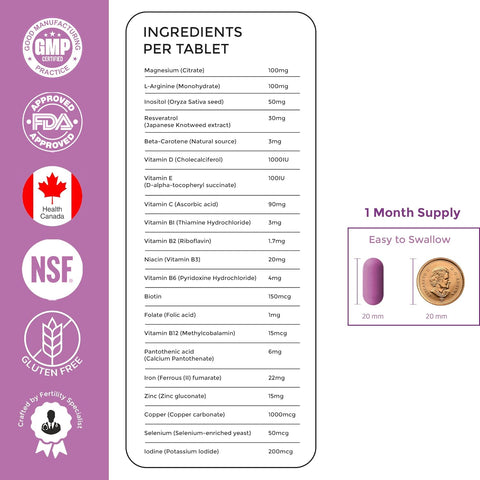


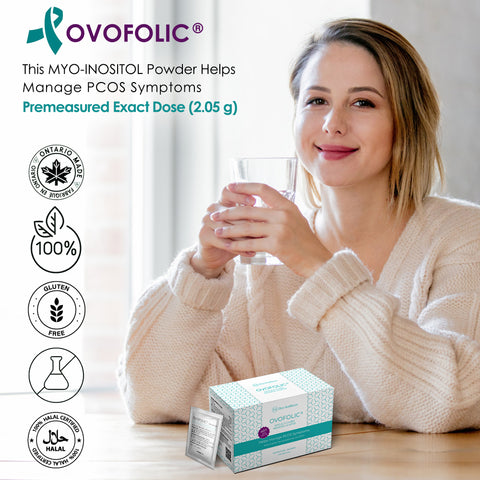
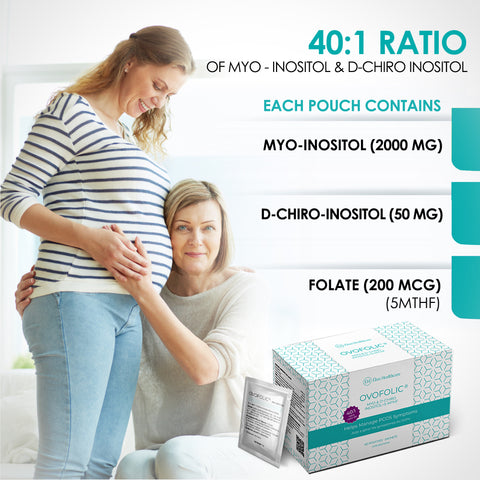

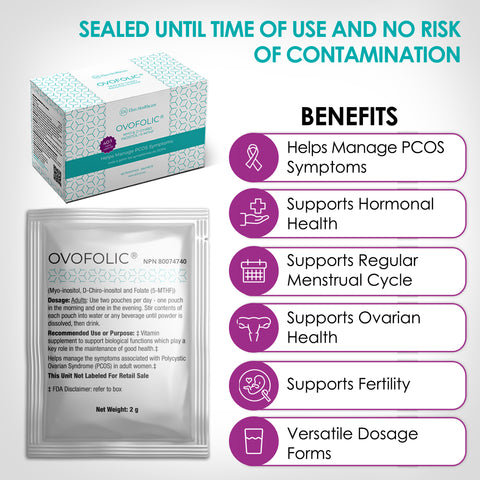
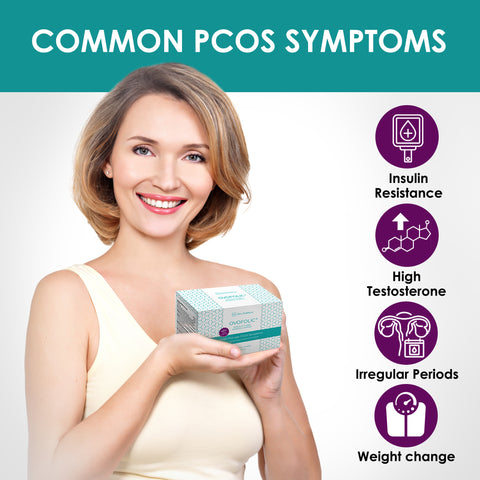
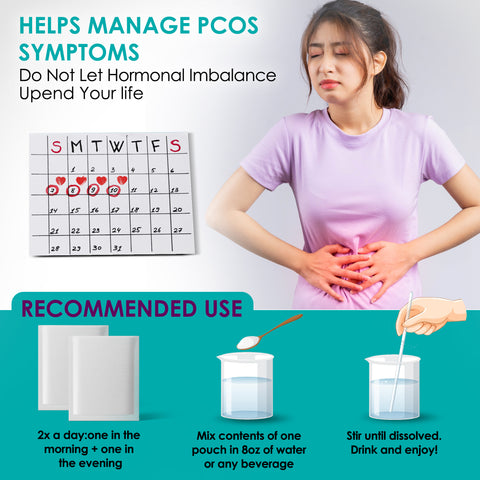




No comments yet.
There are no comments for this article. Be the first one to leave a message!
+ Open to leave a Comment